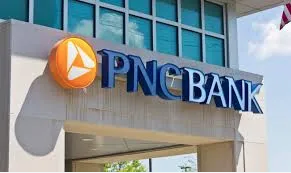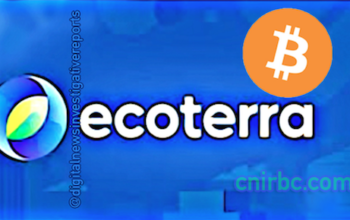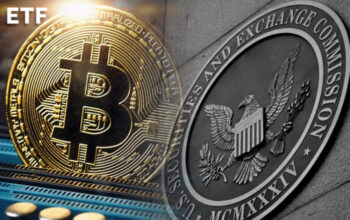Is PNC Bank Saving Money on Their Nostro / Vostro Funding Accounts by Using Ripple’s XRP?
If you know anything about Ripple, you know that it’s a blockchain project that is leveraging their relationship with bigger banks into a strong presence in both the banking and blockchain industries, two markets that are seemingly in competition with each other. Ripple’s pitch has always been that it can help make banking more efficient for banking transfers, and therefore better for the consumer, through the use of its Xrapid service and XRP token. Those that have invested in Ripple have done so for this reason, but has Ripple been able to put into practice what it has been touting this whole time?
In this analysis, we’re going to take a look inside one of the industry’s hottest crossover relationships between PNC Bank and Ripple and try to gain some insight as to whether Ripple has been able to deliver on all that has been promised.
Partnership with PNC Bank
One of the reasons that Ripple is so well-known is because recently, PNC Bank announced that they would be partnering with Ripple to improve their cross-border payments system and funding accounts. Ripple has pitched to PNC Bank and the rest of the banking world that by using Xrapid, there won’t be any need for formal Nostro / Vostro funding accounts. These accounts are traditionally used to provide banks around the world with the liquidity that is needed to administer payments to and from other banks, some of which may be from other countries. The need to pay in their native currency is paramount, so the amount of money kept in these accounts is vast.
XRP has claimed that they can create a better system wherein banks can keep their funds in one currency, convert it to XRP when a payment is made, and then convert it to the receiver’s native currency when the funds arrive. This would allow for more control over funds and an overall more efficient system of transferring money from bank to bank. PNC Bank clearly saw the benefit in the situation that they proposed, and agreed to partner with them for their funding accounts.
Though this relationship was touted when announced, there has been very little noise from either camp since the pact was struck. There is a lot going on in the world right now, and perhaps no news is good news. However, you would think that if the partnership was a success and PNC Bank has actually been able to save money and increase efficiency with this system, we would have heard about the results from either Ripple or PNC Bank.
So, we must ask the question of whether this partnership appears to be mutually beneficial, after all. This requires a deep dive into concepts surrounding foreign exchange markets and bank liquidity.
Potential Problems that XRP Faces
In theory, a blockchain-based system that utilizes one central currency should be more efficient and save banks money when transacting between funding accounts. However, there are some clear practicality issues that arise out of this matter that may contribute to a less profitable relationship than what might have been originally estimated.
The largest problem with the claim that XRP saves money on nostro / vostro funding is the issue of liquidity. In order for the transaction to occur between, for example, EUR and USD, the EUR must first be converted to XRP. Then, the XRP must then be converted to USD so that it can settle in the destination account. In theory, this shouldn’t be a problem. However, when liquidity is taken into account, there are some issues that arise.
Since the XRPUSD and XRPEUR markets are still young, they have relatively low volume and liquidity. For large transactions, this is less than ideal because it can result in price slippage and banks not getting the best FX rate possible. The whole purpose of banks having accounts in other countries and currencies is to allow them to get the best FX rates on the market, lessening the cost of their transactions and conversions. WIthout this benefit, the transfer of funds becomes less efficient for the banks.
As it turns out, EURUSD is already one of the most liquid markets in FX, which provided for very cheap transactions and affordable liquidity. Since XRP has not been able to provide the same volume and liquidity, it is possible that PNC is not experiencing the benefits that they once thought they were going to.
Recap
Though the outlook for the relationship between XRP and PNC Bank started out very positively, it appears as though there may be complications arising from the relationship that were not foreseen. However, it is possible that both parties are counting on an increase in liquidity in the XRP markets and it will only be a matter of time until the transactions become the most efficient in the world. Either way, the relationship between PNC Bank and XRP as well as the results from their partnership will be highly scrutinized in the coming months.
Written By C. Lombardo, CNIR



